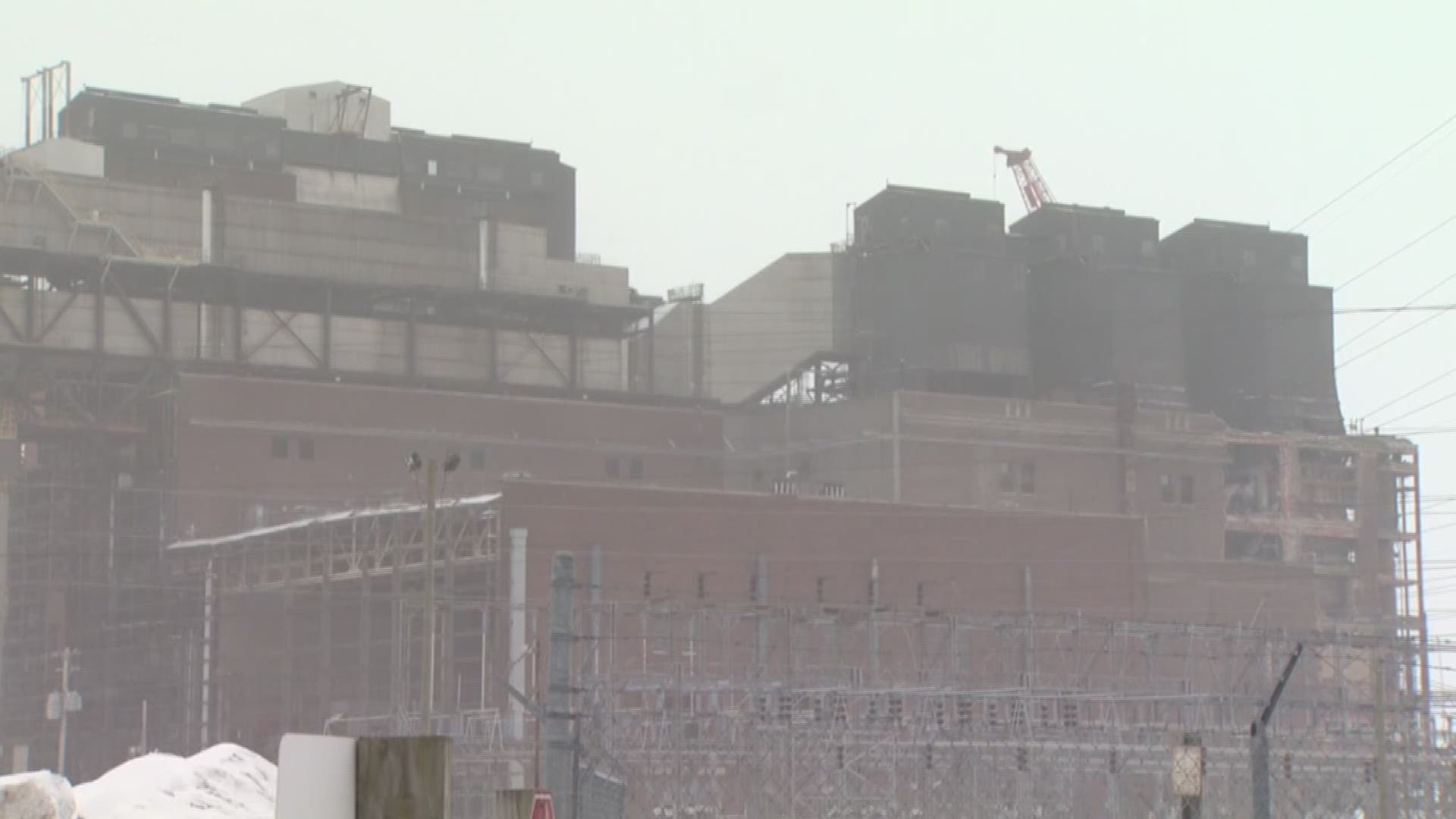WEST OLIVE, Mich. - Recent tests by the Sierra Club, a grassroots environmental organization, shows contaminated drinking water in neighborhoods around Consumers Energy's J.H. Campbell Coal Plant in West Olive.
The results, announced Tuesday, found elevated levels of arsenic, lead and radium in homes that draw their water from private wells. Further investigation is needed to determine if groundwater contamination is spreading from the nearby coal ash ponds, where Consumers has found similar groundwater pollution.
“For the last two winters, I have been undergoing treatment for high levels of arsenic, mercury and lead in my body. When I’m out of town, my levels are fine, but after several months back at my home in West Olive, my toxin levels begin climbing back up. If dangerous toxins are being found in our water and air, we need to know where it’s coming from. Michigan’s Department of Environment, Great Lakes & Energy, the EPA, and Consumers Energy need to do more testing. Consumers Energy needs to clean up its toxic coal ash,” said Dr. Paul Keck, West Olive Community Member.
Sierra Club tested water from four homes near the plant in July. One home had arsenic levels 2.5 times the safe level for drinking water, as well as elevated levels of lead and barium.
A second home tested positive for barium and radium. The third house did not show any contaminants and a fourth home showed elevated levels of arsenic and lead, but they did not exceed safe drinking water limits.
More testing will be needed to determine where and how the contaminants are entering people's drinking water.
Of the 22 coal ash sites with publicly available groundwater monitoring data for 2017, Michigan Environmental Council's review showed that 77% of them leached toxic chemicals like arsenic and lead in groundwater at levels that exceed state and federal drinking water standards.
The Campbell plant has four coal ash pits, but none have a liner to protect groundwater.
RELATED VIDEO:
►Make it easy to keep up to date with more stories like this. Download the 13 ON YOUR SIDE app now.
Have a news tip? Email news@13onyourside.com, visit our Facebook page or Twitter. Subscribe to our YouTube channel.


